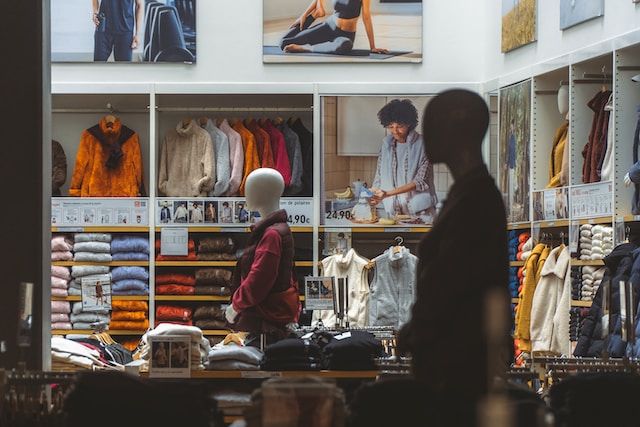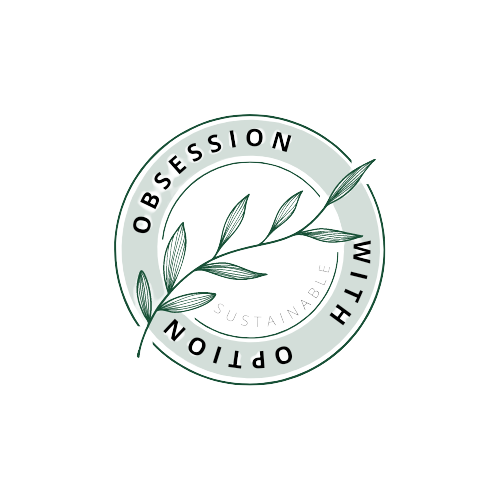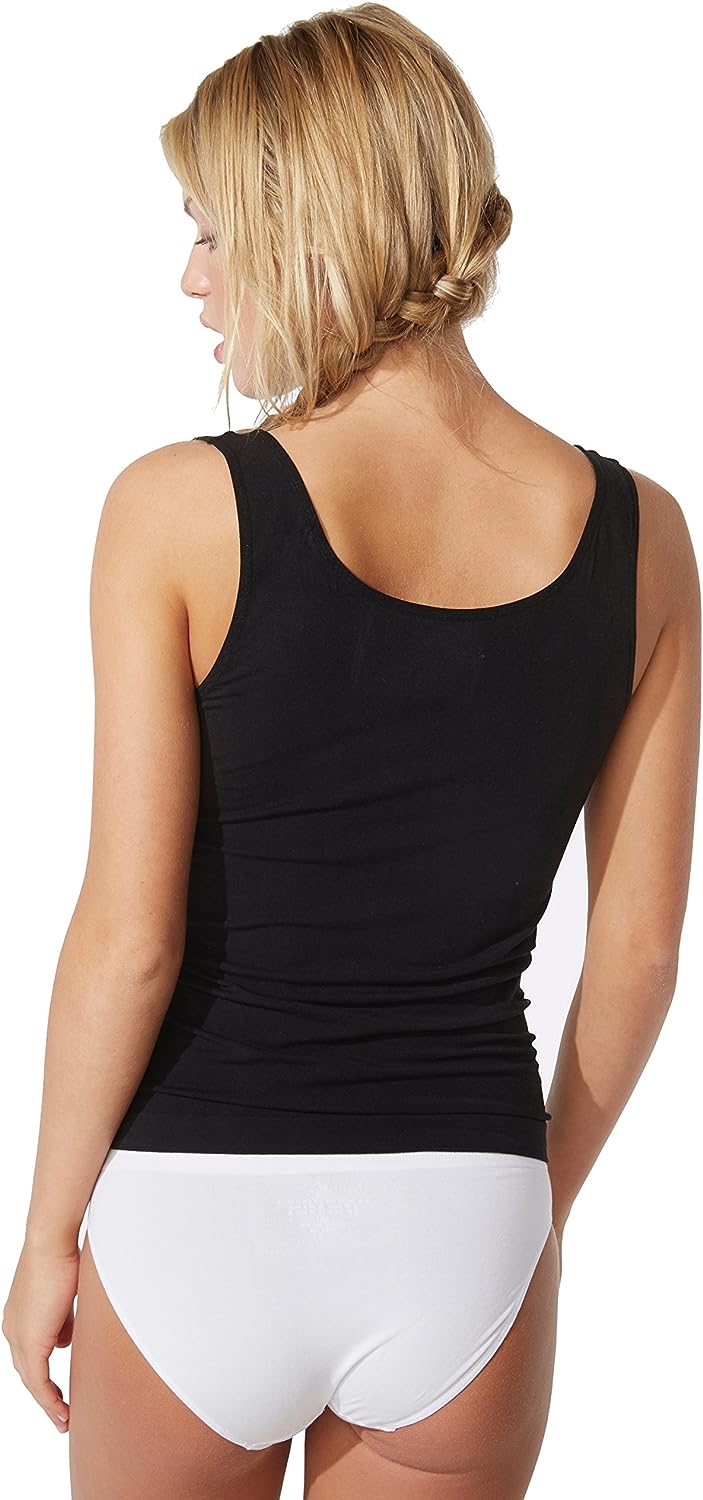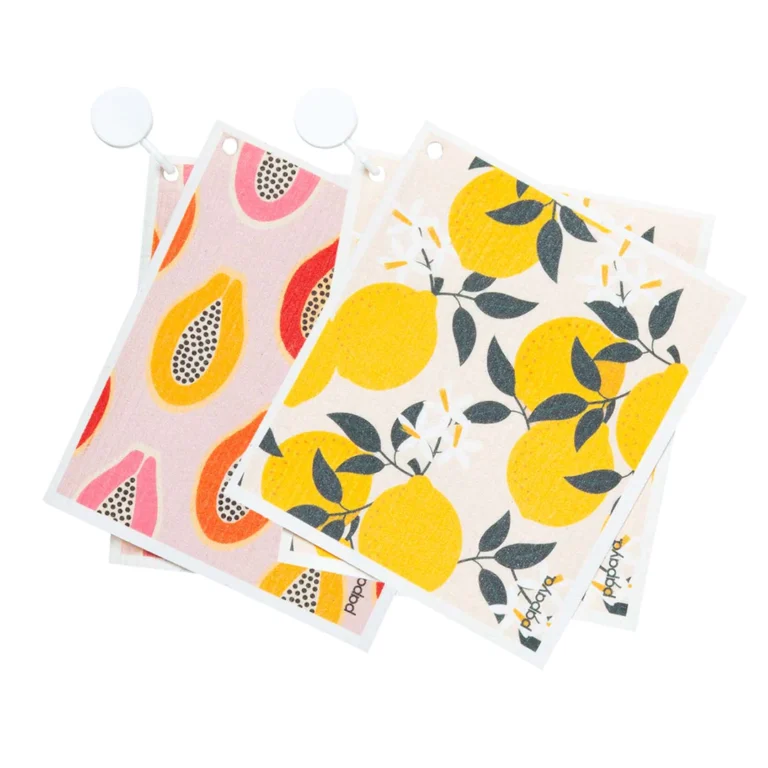In this article, we will take a closer look at Uniqlo’s ethical and sustainability practices. You will learn about the measures Uniqlo takes to ensure fair labor conditions, promote environmental sustainability, and support local communities. We will explore their efforts to improve transparency in their supply chain and their commitment to reducing greenhouse gas emissions. By the end of this article, you will have a better understanding of Uniqlo’s approach towards ethical and sustainable business practices.
Uniqlo’s Ethical and Sustainability Practices: A Closer Look
Uniqlo is a global fashion brand known for its affordable and trendy clothing options. However, what sets Uniqlo apart from its competitors is its commitment to ethical practices and sustainability. In recent years, the fashion industry has come under scrutiny for its labor practices and environmental impact. Uniqlo, on the other hand, has made significant strides in addressing these concerns and is setting a positive example for the industry as a whole.

Fair Labor Standards
Uniqlo recognizes the importance of fair labor standards and the well-being of its workers. The company believes that fair wages are essential in fostering a healthy working environment and ensuring the quality of life for its employees. Uniqlo actively implements fair wage policies, providing its workers with competitive compensation packages that adhere to local labor laws. By treating its workers with dignity and respect, Uniqlo aims to create a positive and inclusive work environment.
In addition to fair wages, Uniqlo also focuses on ensuring equal opportunities for all its employees. The company promotes diversity and inclusion, creating a workplace that embraces different backgrounds and perspectives. Uniqlo believes that providing equal opportunities for growth and advancement is crucial in maintaining a motivated and engaged workforce.
Worker safety is another core aspect of Uniqlo’s ethical practices. The company takes extensive measures to ensure the well-being of its employees. Uniqlo maintains rigorous health and safety policies, regularly conducting audits and inspections to identify and address any potential hazards. By prioritizing worker safety, Uniqlo demonstrates its commitment to protecting and caring for its employees.
Working Conditions
Uniqlo understands the importance of providing favorable working conditions for its employees. The company believes that a healthy and supportive work environment contributes to the overall well-being of its workforce. To achieve this, Uniqlo has implemented various initiatives to enhance employee well-being and promote a positive work-life balance.
Uniqlo offers employee well-being programs that focus on physical and mental health. These programs include fitness classes, counseling services, and stress management workshops. By investing in the well-being of its employees, Uniqlo ensures that they are able to thrive both personally and professionally.
Uniqlo is also committed to anti-discrimination practices. The company promotes an inclusive and diverse work environment where individuals are judged solely based on their skills and abilities. Uniqlo actively fights against all forms of discrimination and strives to create a workplace where everyone feels respected and valued.
Supply Chain Transparency
Uniqlo recognizes the importance of transparency in its supply chain. The company believes that customers have the right to know where their clothing comes from and how it is made. Uniqlo has implemented measures to achieve full supply chain transparency, ensuring that every step of the production process is traceable and accountable.
Uniqlo ensures the traceability of its raw materials by working closely with its suppliers. The company collaborates with suppliers to ensure that all materials used in its clothing are ethically sourced. Uniqlo believes in responsible sourcing, which includes checking for compliance with labor standards and avoiding the use of materials that may have a negative impact on the environment or local communities.
To ensure ethical practices throughout its supply chain, Uniqlo conducts regular audits and inspections. The company has implemented a robust ethical auditing process that assesses suppliers’ compliance with labor regulations and environmental standards. Uniqlo believes that collaboration with its suppliers is key in maintaining high ethical standards throughout its supply chain.
Uniqlo’s Sustainability Initiatives
Uniqlo understands the importance of minimizing its environmental impact and preserving natural resources. The company has implemented various sustainability initiatives that focus on reducing carbon emissions, conserving resources, and promoting ethical sourcing.
In terms of environmental impact reduction, Uniqlo has set ambitious goals to reduce its carbon emissions. The company invests in renewable energy sources and energy-efficient technologies to minimize its carbon footprint. Uniqlo also encourages its suppliers to adopt eco-friendly practices, such as using renewable energy and reducing emissions.
Uniqlo is also committed to effective waste management strategies. The company strives to minimize waste by implementing recycling and reusing programs throughout its operations. Uniqlo encourages its customers to recycle their clothing by offering donation and recycling programs. By promoting circularity and reducing waste, Uniqlo aims to create a more sustainable fashion industry.
Water usage optimization is another area of focus for Uniqlo. The company implements water-saving technologies and promotes responsible water usage throughout its supply chain. Uniqlo recognizes the importance of water conservation and aims to minimize its water footprint by implementing efficient water management practices.

FAQs about UNIQLO
-
Is Uniqlo ethical?
Uniqlo is not considered ethical by many sources[2][3][5]. While the company has made some efforts to improve its sustainability and workers’ conditions, there is still a long way to go.
-
Is Uniqlo sustainable?
Uniqlo is not considered sustainable by many sources[1][4][5]. The company operates a fast fashion business model, which is inherently unsustainable. However, Uniqlo has taken some steps towards sustainability, such as its repair and reuse program and its membership in the Sustainable Apparel Coalition.
-
Is Uniqlo fast fashion?
Yes, Uniqlo operates a fast fashion business model[1][4][5]. The company produces large quantities of cheap clothing at low prices, which encourages consumers to buy more and discard items quickly.
-
Does Uniqlo use sustainable materials?
Uniqlo has started to use some sustainable materials, such as recycled polyester and organic cotton[5]. However, the majority of the brand’s garments are not made with sustainable materials.
-
Does Uniqlo use ethical labor practices?
Uniqlo has made some efforts to improve its workers’ conditions, such as joining the Fair Labor Association and implementing a code of conduct for suppliers[1]. However, there is still room for improvement, and the company has been criticized for not paying fair wages to workers[1][2].
-
Does Uniqlo have a recycling program?
Yes, Uniqlo has a repair and reuse program for its down garments[4]. The company collects used garments and transforms them into new products.
-
Does Uniqlo use sustainable packaging?
Uniqlo has not made any public statements about its packaging practices[1]. However, the company has started to use biodegradable shopping bags in some stores[5].
-
Does Uniqlo use sustainable shipping methods?
Uniqlo has not made any public statements about its shipping practices[1]. However, the company has started to use electric delivery vehicles in some cities[5].
-
Does Uniqlo use sustainable energy sources?
Uniqlo has not made any public statements about its energy sources[1]. However, the company has started to use renewable energy in some stores and warehouses[5].
-
Does Uniqlo have a sustainability policy?
Yes, Uniqlo has a sustainability policy that outlines its commitments to environmental and social responsibility[4]. The policy covers areas such as climate change, waste reduction, and human rights.
-
Does Uniqlo use sustainable production methods?
Uniqlo has not made any public statements about its production methods[1]. However, the company has started to use more sustainable dyeing and finishing processes for some products[5].
-
Does Uniqlo use sustainable water practices?
Uniqlo has not made any public statements about its water practices[1]. However, the company has started to implement water-saving measures in some factories[5].
-
Does Uniqlo use sustainable farming practices?
Uniqlo has started to use some organic cotton in its products[5]. However, the company has not made any public statements about its overall farming practices.
-
Does Uniqlo support any sustainable initiatives?
Uniqlo has partnered with NGOs to distribute used clothes to refugees and disaster victims[4]. The company has also joined the Sustainable Apparel Coalition and the Better Cotton Initiative.
-
Does Uniqlo have a code of conduct for suppliers?
Yes, Uniqlo has a code of conduct for suppliers that covers areas such as labor practices, environmental responsibility, and business ethics[1].
-
Does Uniqlo disclose its suppliers?
Uniqlo has not disclosed its suppliers publicly[1]. However, the company has stated that it works with suppliers who share its commitment to sustainability and ethical practices.
-
Does Uniqlo use animal products?
Uniqlo uses animal products such as down and wool in some of its products[1]. However, the company has started to use more sustainable and ethical sources for these materials.
-
Does Uniqlo use synthetic materials?
Uniqlo uses synthetic materials such as polyester and nylon in many of its products[1]. However, the company has started to use more sustainable and recycled sources for these materials.
-
Does Uniqlo have a take-back program?
Uniqlo has a repair and reuse program for its down garments[4]. The company also accepts donations of used clothes in some stores.
-
Does Uniqlo have a transparency report?
Uniqlo has not published a transparency report[1]. However, the company has made some information about its sustainability and ethical practices available on its website.
-
Does Uniqlo have a sustainability department?
Yes, Uniqlo has a sustainability department within the company[4]. The department is responsible for implementing and monitoring sustainability initiatives.
-
Does Uniqlo have a human rights policy?
Yes, Uniqlo has a human rights policy that covers areas such as forced labor, child labor, and discrimination[1]. The company also supports the UN Guiding Principles on Business and Human Rights.
-
Does Uniqlo have a diversity and inclusion policy?
Uniqlo has a diversity and inclusion policy that covers areas such as gender, race, and disability[1]. The company also supports the UN Global Compact on human rights, labor, environment, and anti-corruption.
-
Does Uniqlo have a carbon footprint reduction target?
Uniqlo has not made any public statements about its carbon footprint reduction targets[1]. However, the company has started to use renewable energy and implement energy-saving measures in some stores and warehouses[5].
-
Does Uniqlo have a plan to become more sustainable and ethical in the future?
Uniqlo has made some commitments to become more sustainable and ethical in the future, such as joining the Sustainable Apparel Coalition and implementing a repair and reuse program[4][5]. However, the company still has a long way to go to become a truly sustainable and ethical brand.
Ethical Sourcing
Uniqlo believes in the importance of ethical sourcing and its positive impact on local communities. The company actively works with its suppliers to ensure compliance with labor standards and other ethical practices. Uniqlo believes that by partnering with suppliers who share its commitment to ethical sourcing, it can create a more sustainable and responsible supply chain.
Uniqlo also supports local communities through various initiatives. The company believes in giving back and invests in programs that help improve the lives of people in the communities where it operates. Uniqlo’s support includes education and skills development programs, infrastructure projects, and disaster relief efforts. By supporting local communities, Uniqlo aims to create a positive and lasting impact.
In addition to supporting local communities, Uniqlo also promotes sustainable agriculture. The company recognizes the importance of responsible farming practices and works with suppliers who prioritize sustainable farming methods. Uniqlo believes in supporting farmers who prioritize biodiversity, soil health, and the reduction of chemical usage.
Conclusion
Uniqlo’s commitment to ethical practices and sustainability is evident in its fair labor standards, working conditions, and supply chain transparency. The company actively strives to reduce its environmental impact through various initiatives, such as carbon emissions reduction and resource conservation. Uniqlo’s focus on ethical sourcing ensures that its clothing is produced in a responsible and sustainable manner. Overall, Uniqlo’s comprehensive approach to ethical and sustainable practices sets a positive example for the fashion industry as a whole.












